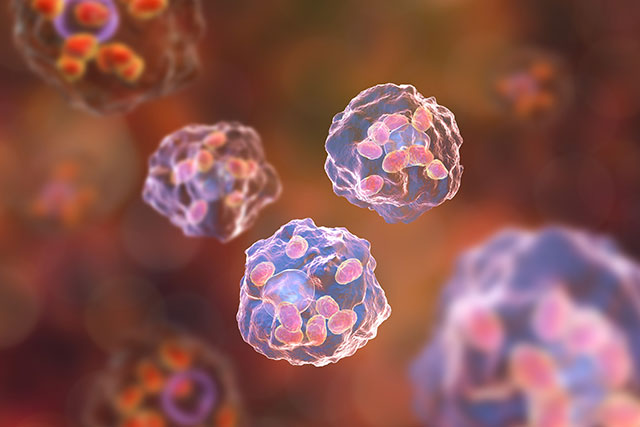Fight Parkinson’s with these 6 alternative treatments
04/01/2019 / By Michelle Simmons

Parkinson’s disease is a progressive neurodegenerative disorder that affects movements. Treatment for this condition focuses on managing its symptoms. Here are six alternative treatments that might help people with Parkinson’s disease.
- Acupuncture: A traditional Chinese medicine, acupuncture enhances the appetite, promotes relaxation, boosts energy levels, promotes better sleep, and combats stress – all of which are beneficial to everyone, especially for people who suffer from Parkinson’s disease. In a study, acupuncture may also help lessen tremors, rigidity, and pain, and improve walking in people with Parkinson’s.
- Hydrotherapy: Also known as water therapy, hydrotherapy can benefit people with Parkinson’s disease by improving their balance, coordination, flexibility, and mobility, strengthening their muscles, and relieving pain. This may also be a safer alternative as it carries a lower risk of falls. Hydrotherapy may also be relaxing, which can improve mental health.
- Massage: Getting a massage is one of the best alternative treatments for Parkinson’s. It can reduce stiffness, and at the same time, induce relaxation – which is important because stress can make the symptoms of Parkinson’s worse. As a massage therapist applies pressure, those tense knots in your muscles are being relieved. In addition, the therapist’s reflex action stimulates your nerves, which can even affect other parts of the body that the therapist never touched. In addition to stress, massage relieves depression and anxiety. It can also help induce sleep, relieve pain from sore and stiff muscles, increase your flexibility, and promote blood circulation.
- Music, dance, and art therapy: These forms of art help people with Parkinson’s in many ways. They are safe, non-invasive, affordable, and enjoyable. These alternative treatments improve mood while the physical movements involved in dance therapy can strengthen muscles, improve posture, and enhance social life. They also reduce stress.
- Tai chi: Tai chi is an ancient form of mind-body discipline that originates from China. This ancient Chinese form of exercise involves slow, dance-like movements that are suitable for anyone. It helps improve balance and posture, both in people with Parkinson’s and those without. This, in turn, helps lower the risk of falls. Tai chi also offers mental health benefits as it includes breathing exercises and meditation. This can result in an improved sense of peace and well-being. There is some evidence that people with Parkinson’s disease who practiced tai chi for several months experienced reduced motor symptoms and improved mental health. (Related: Tai chi benefits people with chronic health problems like Parkinsons, arthritis and fibromyalgia.)
- Yoga: Yoga, which originates from India, is a well-known mind and body exercise. Practicing yoga can be beneficial to people with Parkinson’s disease because it strengthens the muscles, reduces stiffness, and boosts flexibility. Yoga also involves breathing techniques, meditation, and relaxation — all of which play a role in enhancing emotional well-being. These may lead to improvements in symptoms.
The power of the elements: Discover Colloidal Silver Mouthwash with quality, natural ingredients like Sangre de Drago sap, black walnut hulls, menthol crystals and more. Zero artificial sweeteners, colors or alcohol. Learn more at the Health Ranger Store and help support this news site.
Today, about 60,000 people in the U.S. are affected by Parkinson’s. People with this disease suffer from symptoms such as tremors, slowed movements, rigid muscles, impaired balance and posture, decreased ability to perform unconscious movements, speech problems, and even writing changes. On top of these, Parkinson’s affects their mental health and cognitive function, which further lowers the quality of their lives.
Read more news stories and studies on alternative treatments for Parkinson’s disease by going to AlternativeMedicine.news.
Sources include:
Tagged Under: acupuncture, alternative medicine, Art therapy, Dance therapy, holistic treatments, Hydrotherapy, massage, mind body science, music therapy, natural cures, natural healing, Natural Treatments, Parkinson's Disease, prevention, remedies, tai chi, therapies, Yoga
RECENT NEWS & ARTICLES
Natural.News is a fact-based public education website published by Natural News Features, LLC.
All content copyright © 2018 by Natural News Features, LLC.
Contact Us with Tips or Corrections
All trademarks, registered trademarks and servicemarks mentioned on this site are the property of their respective owners.




















